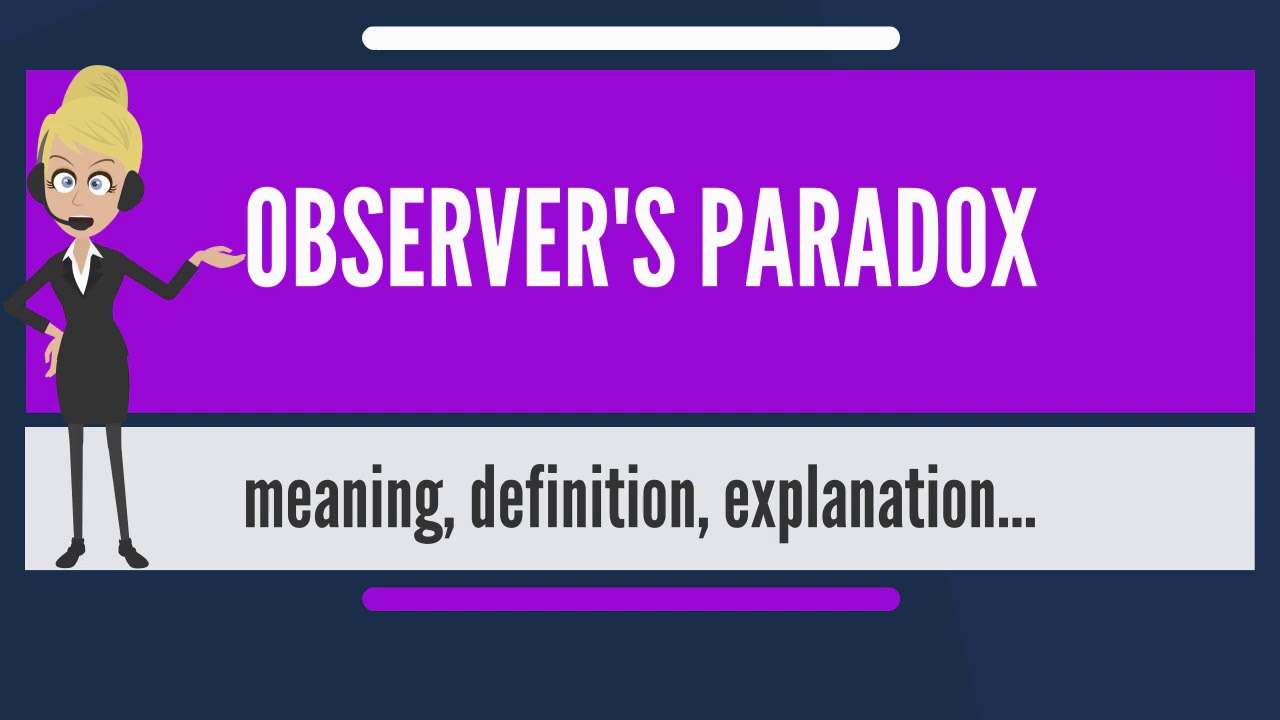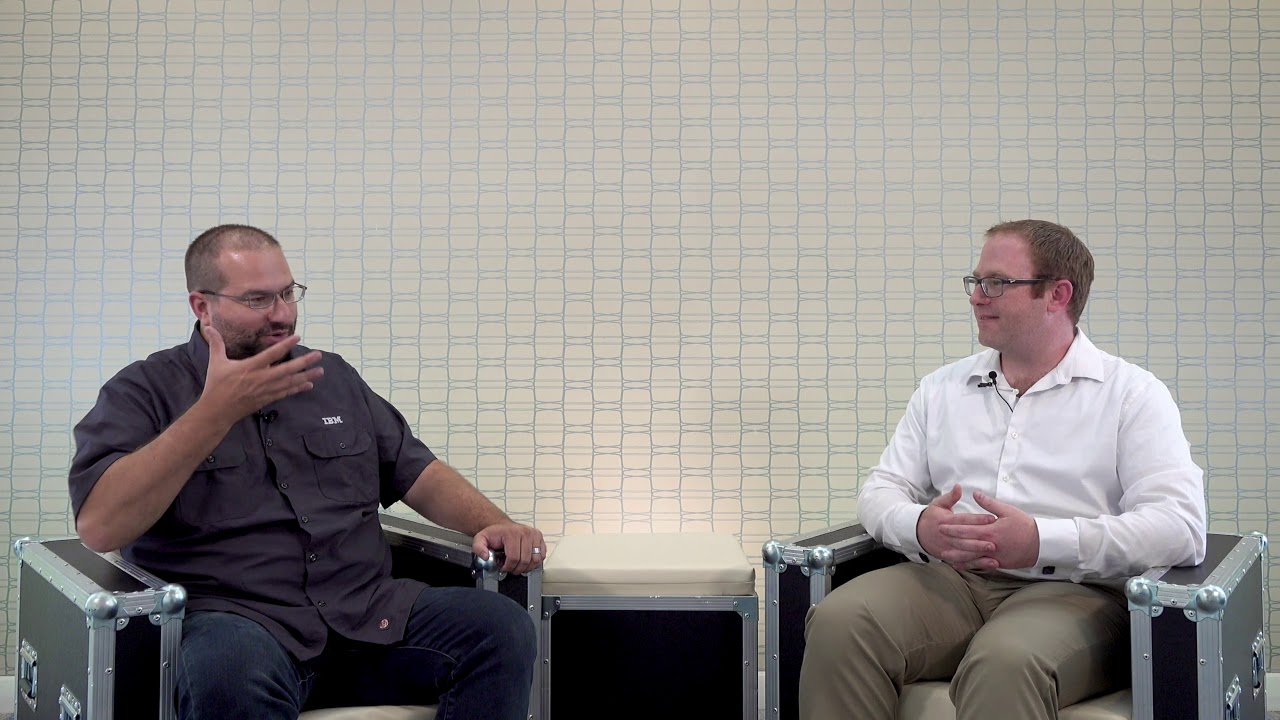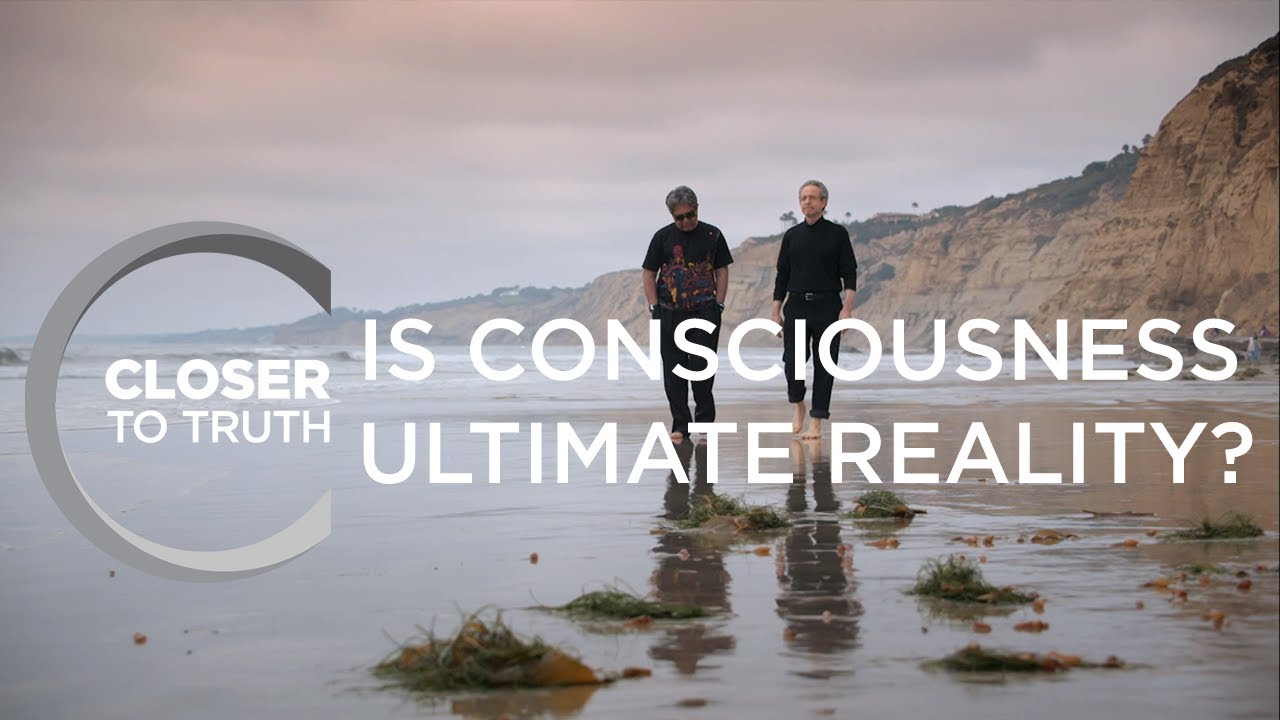The Audiopedia
✪✪✪✪✪ http://www.theaudiopedia.com ✪✪✪✪✪
What is OBSERVER’S PARADOX? What does OBSERVER’S PARADOX mean? OBSERVER’S PARADOX meaning – OBSERVER’S PARADOX definition – OBSERVER’S PARADOX explanation.
Source: Wikipedia.org article, adapted under https://creativecommons.org/licenses/by-sa/3.0/ license.
SUBSCRIBE to our Google Earth flights channel – https://www.youtube.com/channel/UC6UuCPh7GrXznZi0Hz2YQnQ
In the social sciences, (and physics and experimental physics,) the observer’s paradox refers to a situation in which the phenomenon being observed is unwittingly influenced by the presence of the observer/investigator.
In the field of sociolinguistics, the term Observer’s Paradox was coined by William Labov, who stated with regards to the term:
the aim of linguistic research in the community must be to find out how people talk when they are not being systematically observed; yet we can only obtain this data by systematic observation.
The term refers to the challenge sociolinguists face while doing fieldwork, where the task of gathering data on natural speech is undermined by the researcher’s presence itself. As a field worker attempts to observe the daily vernacular of a speaker in an interview, the speaker, aware that their speech will be used for scholarly research, is likely to adopt a formal register. This produces data that is not representative of the speaker’s typical speech, and the paradox lies in the fact that if the researcher was not present, the speaker would use normal vernacular.
This variant of the phenomenon is named for the Hawthorne Works, a factory built by Western Electric, where efficiency engineers in the 1920s and 1930s were trying to determine if improved working conditions such as better lighting improved the performance of production workers. The engineers noted that when they provided better working conditions in the production line, efficiency increased. But when the engineers returned the production line to its original conditions and observed the workers, their efficiency increased again. The engineers determined that it was merely the observation of the factory workers, not the changes in the conditions in production line, that increased the measured efficiency. The term “Hawthorne effect” was coined in 1955 by Henry A. Landsberger. Many researchers believe that the evidence that a Hawthorne effect exists has been exaggerated.
Labov believed that the style and register of a subject’s speech was determined by the amount of attention the subject paid to their manner of speech. According to J.K. Chambers’ Sociolinguistic Theory, Labov’s “most successful in making the subjects forget the unnaturalness of the situation were the recollection of street games and of life-threatening situations. Most reliable in eliciting truly casual speech were fortuitous interruptions by family members and friends while the tape recorder was turned on.” According to Labov, when subjects retell very emotional stories in their life, they are likely to be overtaken by the memory of a significant incident in their life, and therefore would pay less attention to their manner of speech, yielding to a casual style register.
In Labov’s study, The Social Stratification of (r) in New York City Department Stores, he aims to “see how people use language in context when there is no explicit observation” (p. 43). He accomplishes this task by asking employees of several different New York department stores a question designed to elicit the same response – the phrase, “Fourth Floor”. He follows the employee’s response by asking a clarifying question intended to elicit a formal response. Upon receiving an answer, Labov walks away from the speaker and records what he heard. Here, we find an example of Labov interviewing his subjects with the systematic use of rapid and anonymous observations in studying the linguistic structure of different speech communities. According to Labov, this rapid and anonymous approach to interviewing is likely to ensure subjects will resist closely monitoring their speech.
Source




**** QUANTUM OBSERVATIONS ****
The reason predicted positions change is because the cones
In our eyes put out fields not receive them.
Light frequency shines on a object ,
Our eyes cones ( pyramids ) put out a frequency
That meets the lights frequency at a object you choose to
observe, Connecting you to that object and light at the point of object
Observed..
Thats why the predicted position of a quantum object changes
when you observe it.
Just light Earths ground field shooting up and meeting Earth outer field
at roughly half point..
Lightning fields, Earth Negetive and Positive Fields.. 😁